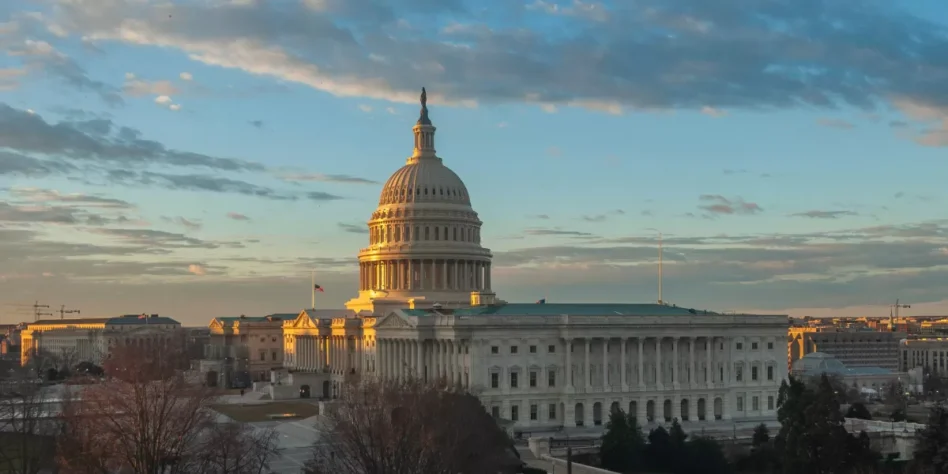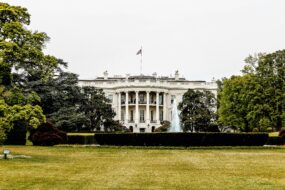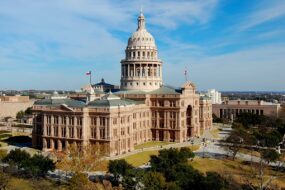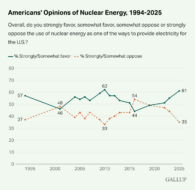It’s pricey to get a new reactor design approved.
That comes as no surprise to the advanced nuclear sector, which is all too familiar with the extended timelines and high price of licensing its tech. But now, it appears the NRC has heard the industry’s pleas.
In a notice published Feb. 19 in the Federal Register, the NRC proposed a drastic cut to the hourly rate license applicants must pay when pursuing approval for advanced reactors.
- Advanced reactor companies currently pay the NRC $317 per hour to review application materials.
- That adds up when going through the hours and hours of review required in such a complex process.
- Under the new guidelines, advanced reactor companies would pay $146 per hour starting Oct. 1—more than a 50% price cut.
Get it all back: The new prices for advanced reactor licensing are linked to the NRC’s budget request for FY 2025, since Congress has not yet approved funding.
Under the Nuclear Energy Innovation and Modernization Act (NEIMA), the NRC is required to earn back most of its annual budget through fees. The commission’s budget request for FY 2025 is $994.9M, which includes $20M in carryover and represents a $30.8M increase over 2024 enacted levels. The NRC expects it will have to make $826.1M through fees—$610.1M from annual fees and $216M from service fees.
Notably, the rate cuts would only apply to advanced reactor companies seeking licenses with the NRC. (That’s defined as any company seeking an initial operating license for an advanced reactor, not renewals or amendments of previously granted licenses.) Other companies seeking licenses, renewals, or amendments actually face an increased rate, from $317 to $323 per hour.
Full steam ahead: The Accelerating Deployment of Versatile, Advanced Nuclear for Clean Energy (ADVANCE) Act passed in Congress with strong bipartisan support last year and was signed into law in July 2024. As a refresher, the law makes changes to NRC processes, including:
- Ramping up staff to handle application volume
- Taking on an international role in coordinating imports and exports with allies
- Limiting fees on advanced reactor license applicants (hello!)
The law comes into effect on Oct. 1 of this year—the same date that the new NRC fees would kick in.
The NRC is accepting comments on the new rule until March 21. A final version of the new fee rule will be published once that process is complete.
Lead Reporter of Ignition




